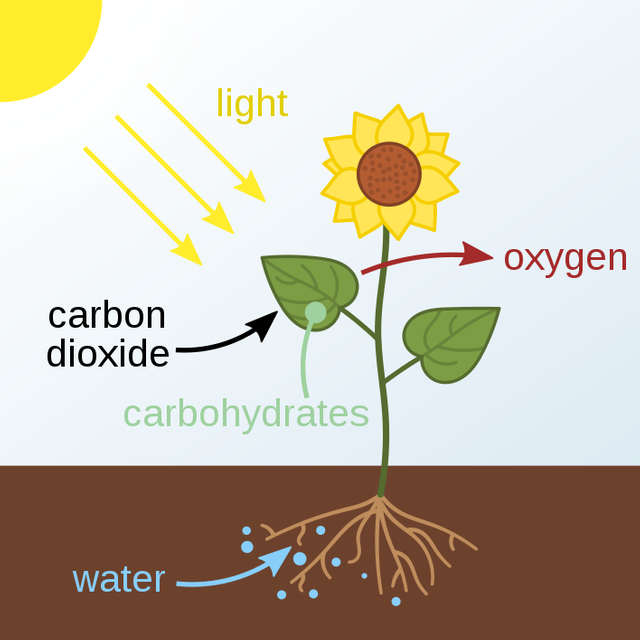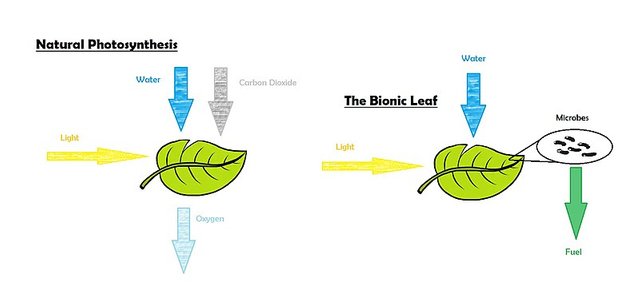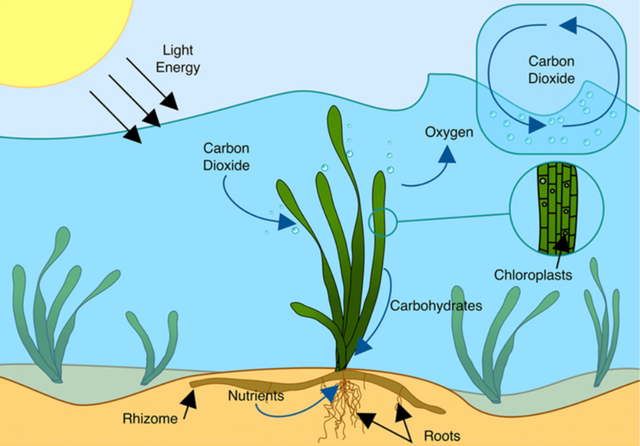| Definition of Photosynthesis |
|---|
Photosynthesis is an essential process of making food for plants. It is a biochemical process and by following this process plants are able to make their food with the help of carbon dioxide, water and sunlight. In the process of photosynthesis, plants release oxygen and process carbon dioxide during food processing.
| Some facts of Photosynthesis |
|---|
The word photosynthesis originates from two Greek words. Analyzing the word photosynthesis, it is understood that the method of making food uses sunlight. Green plants prepare sugary foods by absorbing carbon dioxide from nature through a chemical process in the presence of sunlight. Unprecedented is the fact that just as much carbon dioxide is absorbed by plants, the same amount of oxygen is released into the environment. Natural energy exists in plant cells, through this energy light energy is converted into chemical energy. This amazing process is accomplished by the chlorophyll present in the plant. Therefore, water, sunlight, chlorophyll and carbon dioxide are considered as the main constituents of photosynthesis.
| Elements and organs of the photosynthesis process |
|---|
The amount of carbon dioxide molecules that a plant receives, the amount of oxygen it emits. The most important and effective factor behind the completion of this process is chlorophyll. An element called chlorophyll is located in the centre of a green plastid called the chloroplast. However, in addition to green plants, other plants are also used to make food. In that case, other plants complete the process of photosynthesis through compounds like carotene, xanthophyll etc. and produce food. The different parts of the plant are the photosynthetic organs. The green part of the leaf, the thallus of the plant, the green stalk, the green skin of the plants etc. are considered as photosynthesis organs.
| The process of generating glucose through photosynthesis |
|---|
The mesophyll tissue of the leaf is the primary centre of photosynthesis. Sunlight falls on the mesophyll tissue of the leaf. Plants absorb carbon dioxide through the pores located on the leaves of plants. The process of water conservation is accomplished by the plant through its roots. When the chloroplasts of the leaf mesophyll tissue absorb everything, glucose is produced. In the process of photosynthesis, light energy is converted into chemical energy and chemical energy is converted into static energy.
Reference:https://en.m.wikipedia.org/wiki/Photosynthesis
I am inviting @hidayat96 & @riska-amanda, hope you will participate in the contest.




Thank you for sharing such an interesting content with us. Stay active – write posts, comment, interact with others and enjoy .
JOIN WITH US ON DISCORD SERVER:
Downvoting a post can decrease pending rewards and make it less visible. Common reasons:
Submit